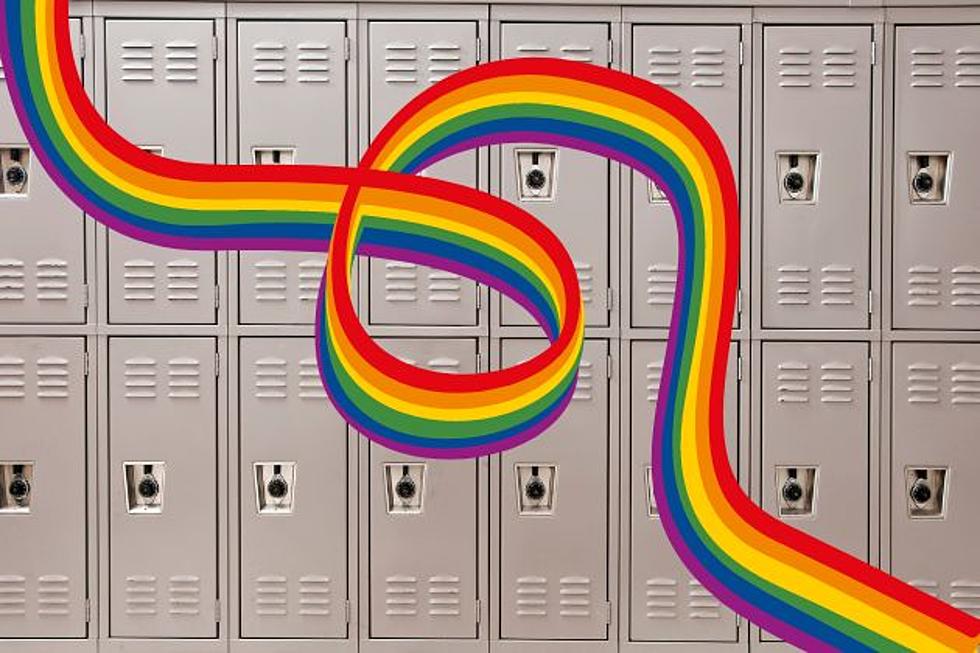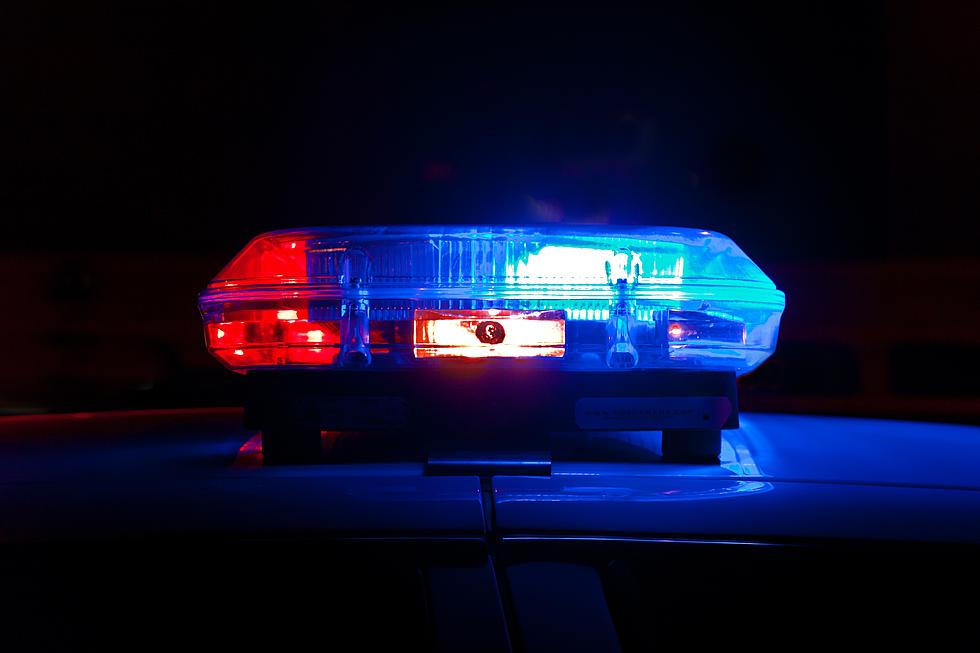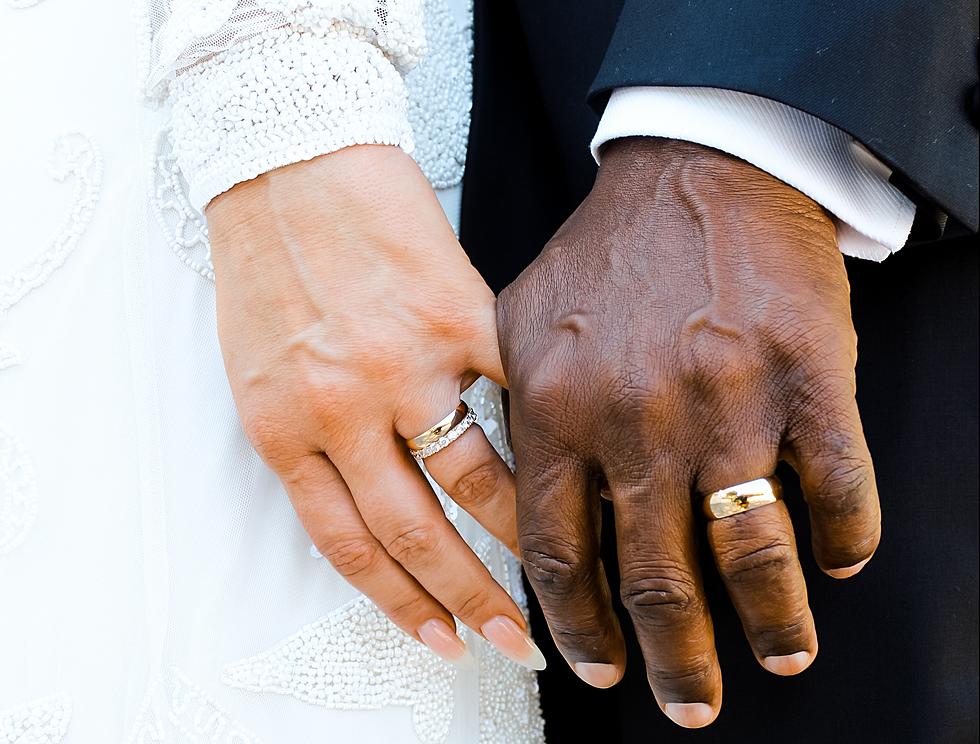
Many LGBTQ youth feel unsafe at school, NJ research shows
Research suggests that gay, bisexual and transgender students generally don't feel safe at school, for any number of reasons.
So advocates say the beginning of the academic year is a pivotal time for districts and individuals in schools to set the right tone for this vulnerable demographic.
"This is so critical for them to start off on a solid foundation of support and inclusivity within their schools, for them to really master the year ahead of them," Jen Velten, director of trauma services for CarePlus NJ, told New Jersey 101.5.
In the latest school climate report from GLSEN (Gay, Lesbian and Straight Education Network), fewer than 60% of LGBTQ high school students in New Jersey reported that their school administration was somewhat or very supportive of LGBTQ students. Most said they've experienced anti-LGBTQ victimization at school.
Nationally, the Human Rights Campaign found that 46% of these youth feel unsafe at school, with transgender children more likely to feel this way (54%).
And, according to a 2023 report from The Trevor Project, 41% of young LGBTQ people seriously considered suicide in the past year.
Identifying as gay, bisexual or transgender does not automatically make somebody more likely to suffer from mental health issues. But it does put them at an increased risk of feeling rejected by adults and peers, in and out of the home.
"All of those things combined create an atmosphere of anxiety, depression," Velten said.
According to Velten, late September and October are among the hardest times of the year for struggling students, once the back-to-school "honeymoon period" has worn off.
New Jersey has a better track record in this area than other states, Velten said. A law signed by Gov. Phil Murphy in 2019 required that districts offer instruction that includes the societal and historical contributions of lesbian, gay, bisexual and transgender people, in older grades.
In 2019, before New Jersey's law was set to take effect, 26% of LGBTQ students in GLSEN's research reported inclusive curriculum. But three-quarters had access to a club such as a gender and sexuality alliance, which is meant to promote a more welcoming climate for these students.
"Just having a club that's supportive in the school means a world of difference to youth," Velten said.
In the GLSEN research, nearly 98% of students could identify at least one school staff member supportive of LGBTQ students.
Report a correction 👈 | 👉 Contact our newsroom
These are the best NJ high schools for sports
How to pronounce these 20 town names in NJ
More From SoJO 104.9 FM










